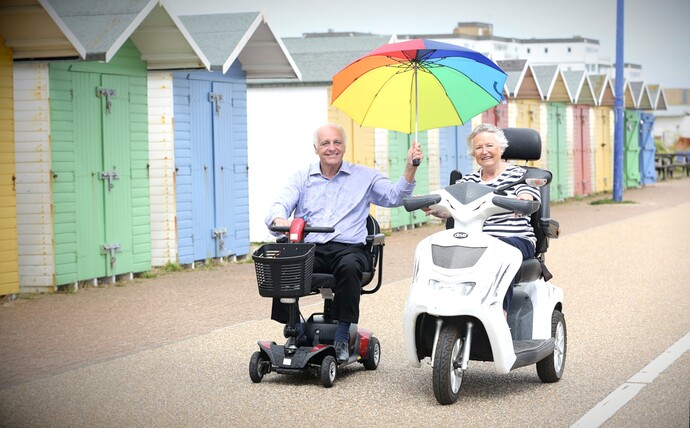End of paper tax disc could mean more cloned cars
October 10, 2014

The abolition of the paper tax disc in favour of a digital system promises to save £7m in administration costs, but with over one million uninsured drivers already on British roads, the change threatens to increase the crime of car cloning.

Car thieves and drivers without insurance routinely copy the number plate of a legally owned, adequately insured and properly taxed vehicle of the same type and colour in order to evade detection from the authorities. Until recently, these criminals would have to tamper with, or forge, a paper tax disc to avoid detection at the roadside.
However, as of this month, there is no legal requirement to display a paper disc and the automatic number plate recognition (ANPR) cameras with which the authorities scan all passing vehicles have no way of detecting cloned vehicles.
When a driver is sent a parking notice or speeding fine in error, it can be a clue that the vehicle has been cloned. The police can then flag the registration plate so that any roadside or mobile ANPR camera prompts the nearest traffic officer to stop the car for further checks. However, the bona fide driver is just as likely to be stopped themselves and criminals can swap to a different set of cloned plates.
Number plate suppliers are required to register with the Department for Transport and it is recommended that anyone ordering plates provides proof that they own the vehicle, but it is easy for criminals to bypass these checks. At present, there is very little to protect the law abiding motorist from car cloning.
Information correct at time of publication.







